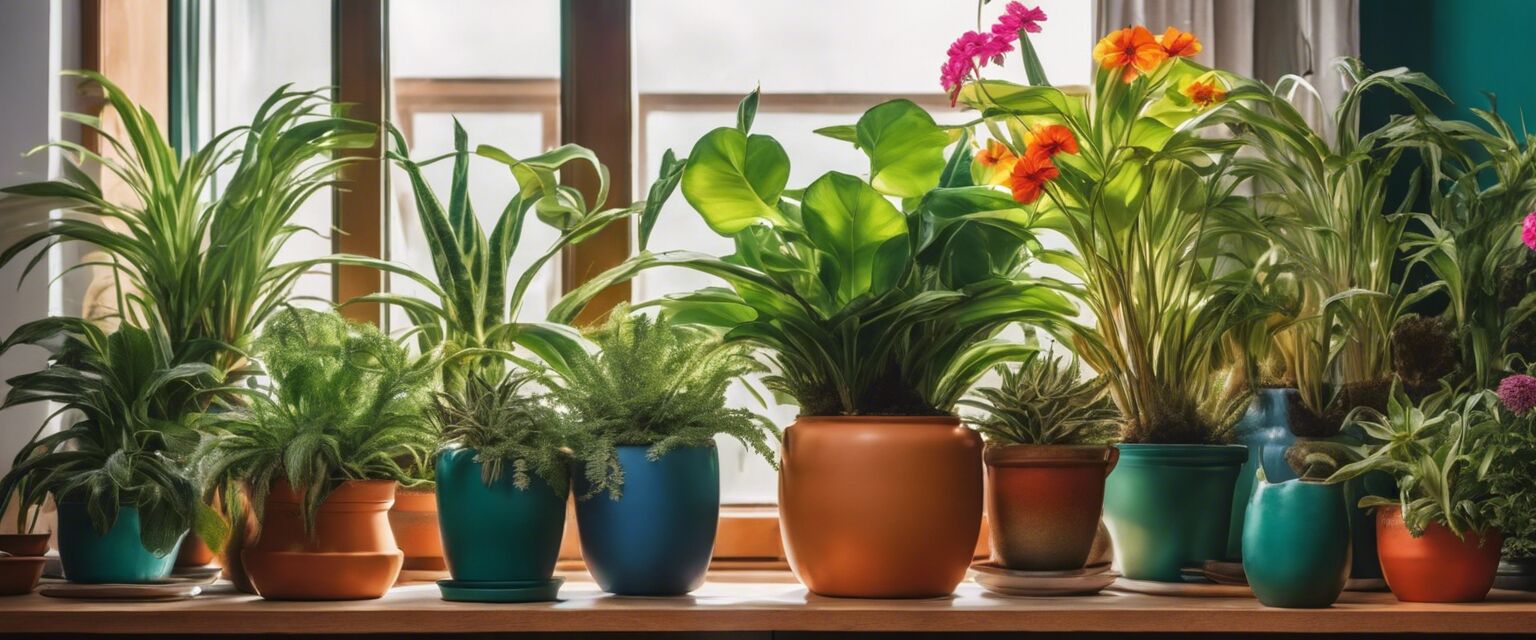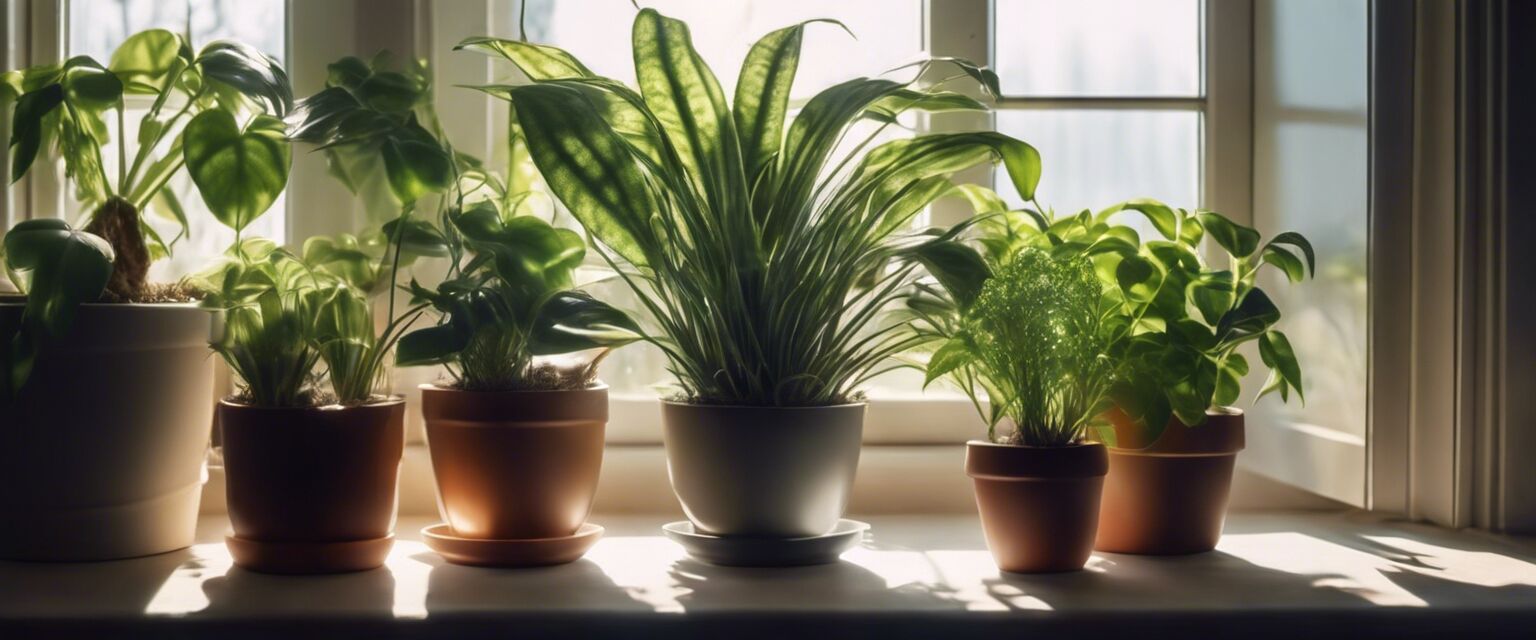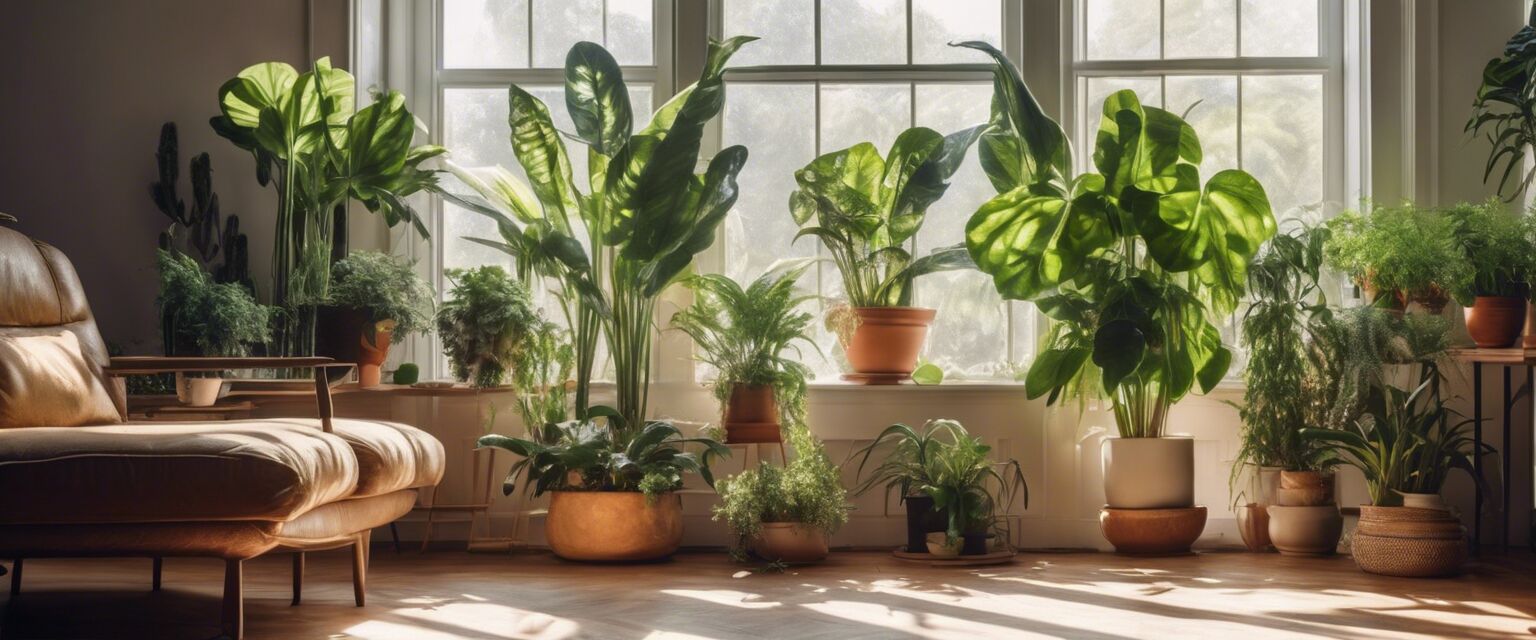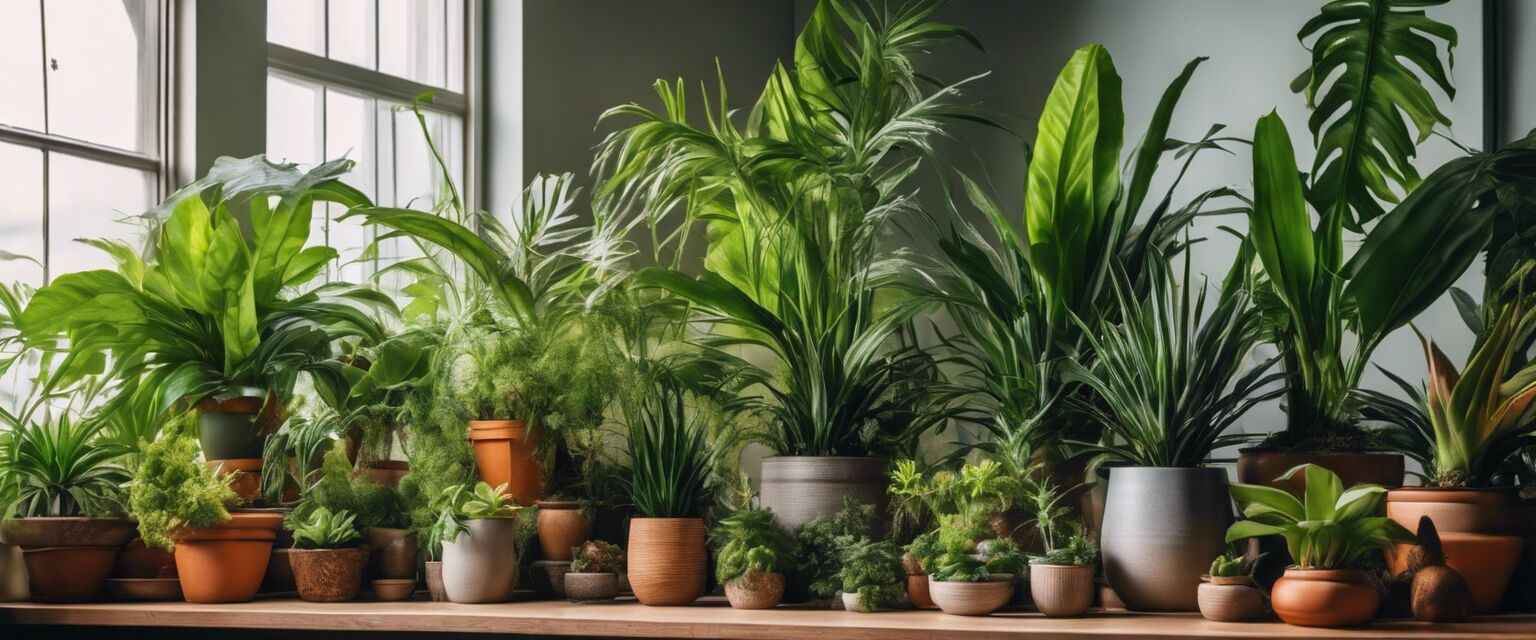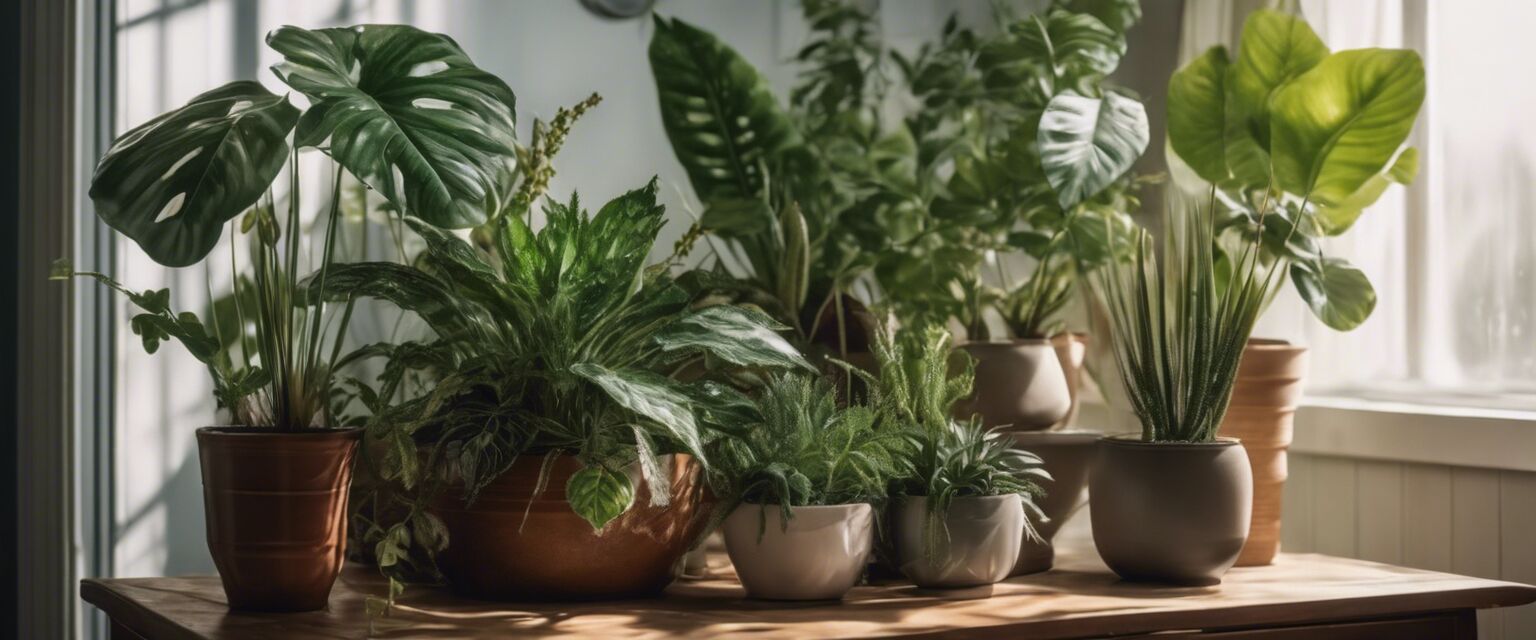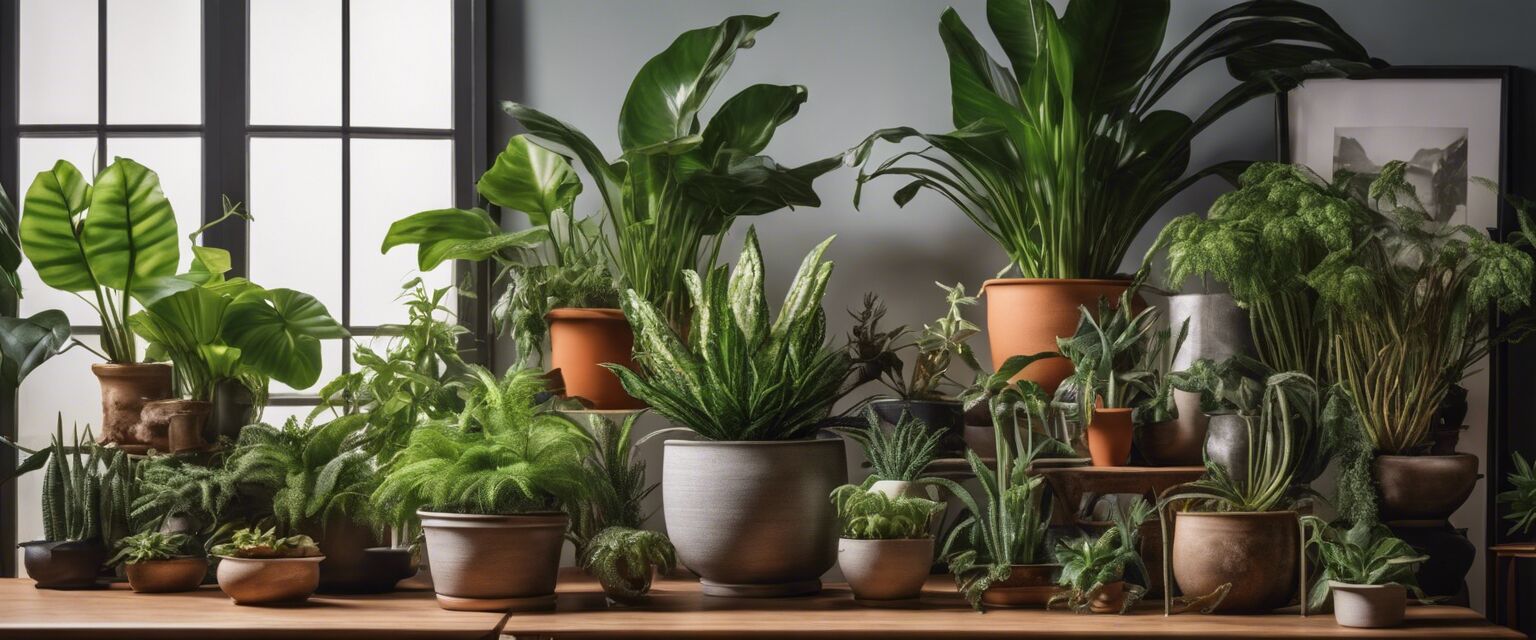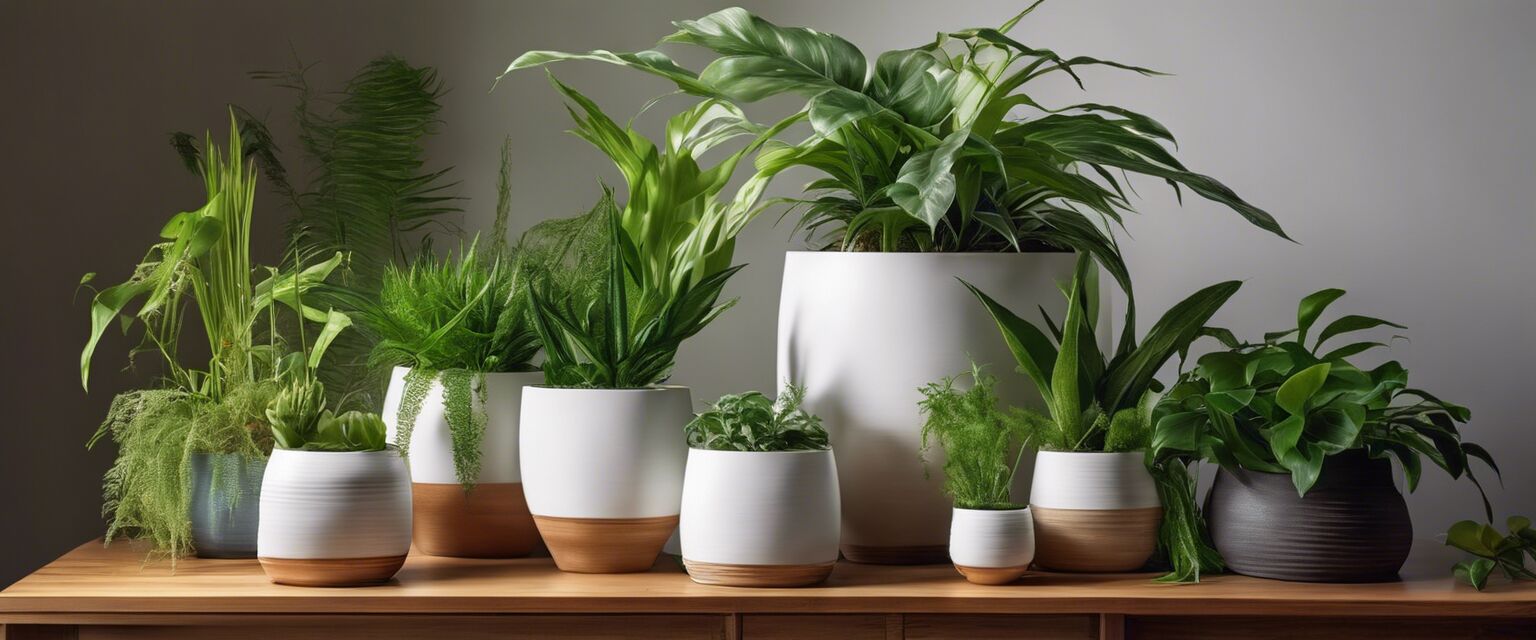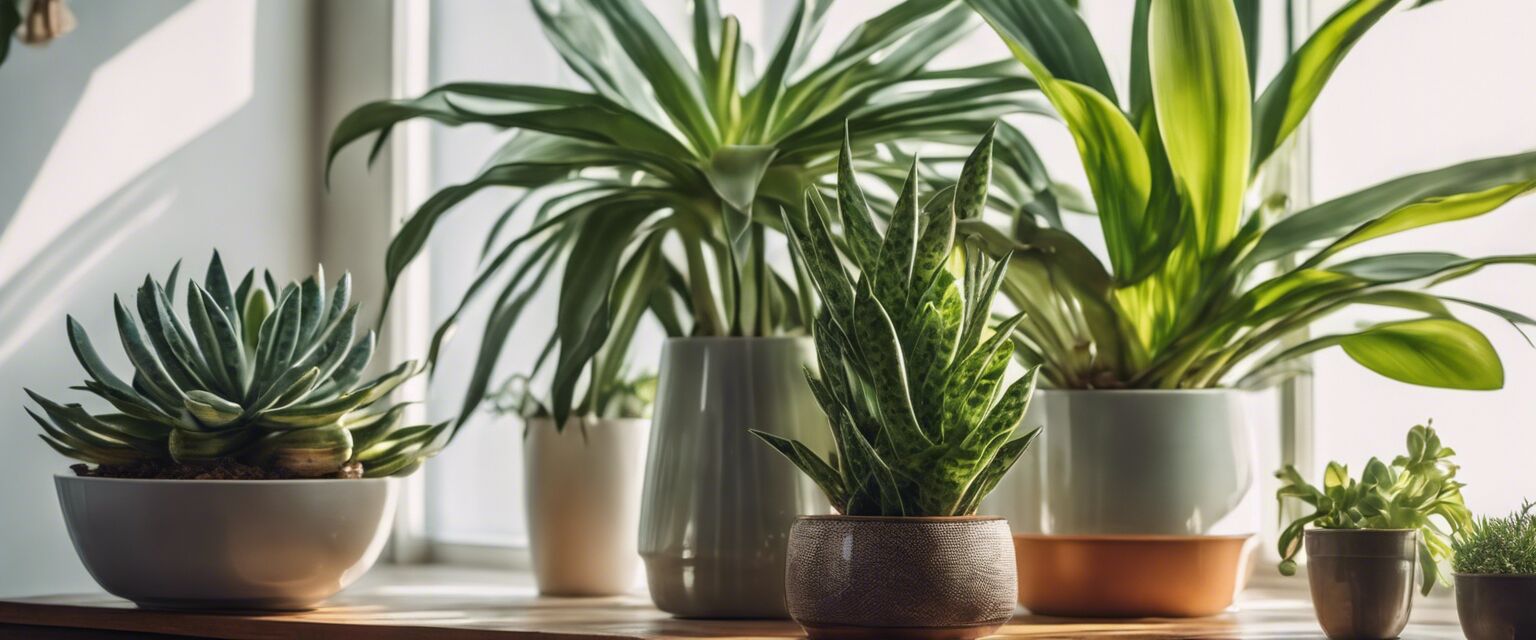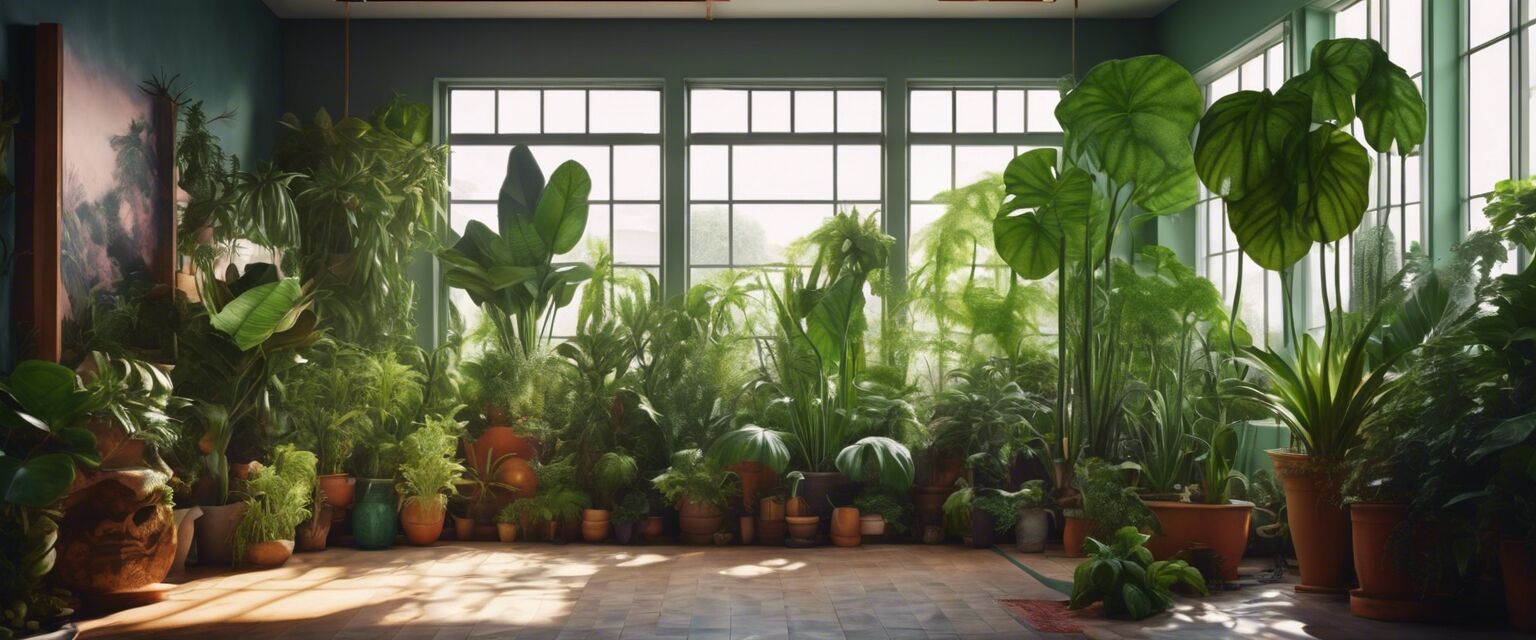
Rare and Exotic Houseplants
Key Takeaways
- Rare and exotic houseplants can add unique beauty to your indoor space.
- Proper care and environment are crucial for maintaining these plants.
- Collectors often seek out specific species for their unique characteristics.
- Many rare plants can also serve as conversation starters.
- Understanding the needs of these plants can help beginners succeed.
Are you a plant enthusiast looking to add something special to your collection? Rare and exotic houseplants offer a unique touch that can elevate your indoor garden. From striking foliage to unusual growth patterns, these plants can be a delight to care for and display. In this guide, we will explore some fascinating options, care tips, and how to choose the right rare plants for your home.
What Are Rare and Exotic Houseplants?
Rare and exotic houseplants are those that are not commonly found in local nurseries or garden centers. They often come from specific regions of the world and may require special care to thrive in indoor environments. Collectors often seek these plants for their unique aesthetics and the challenge they present in terms of care.
Characteristics of Rare Houseplants
- Unusual foliage shapes and colors
- Specific growth habits that may need special conditions
- Limited availability due to their rarity
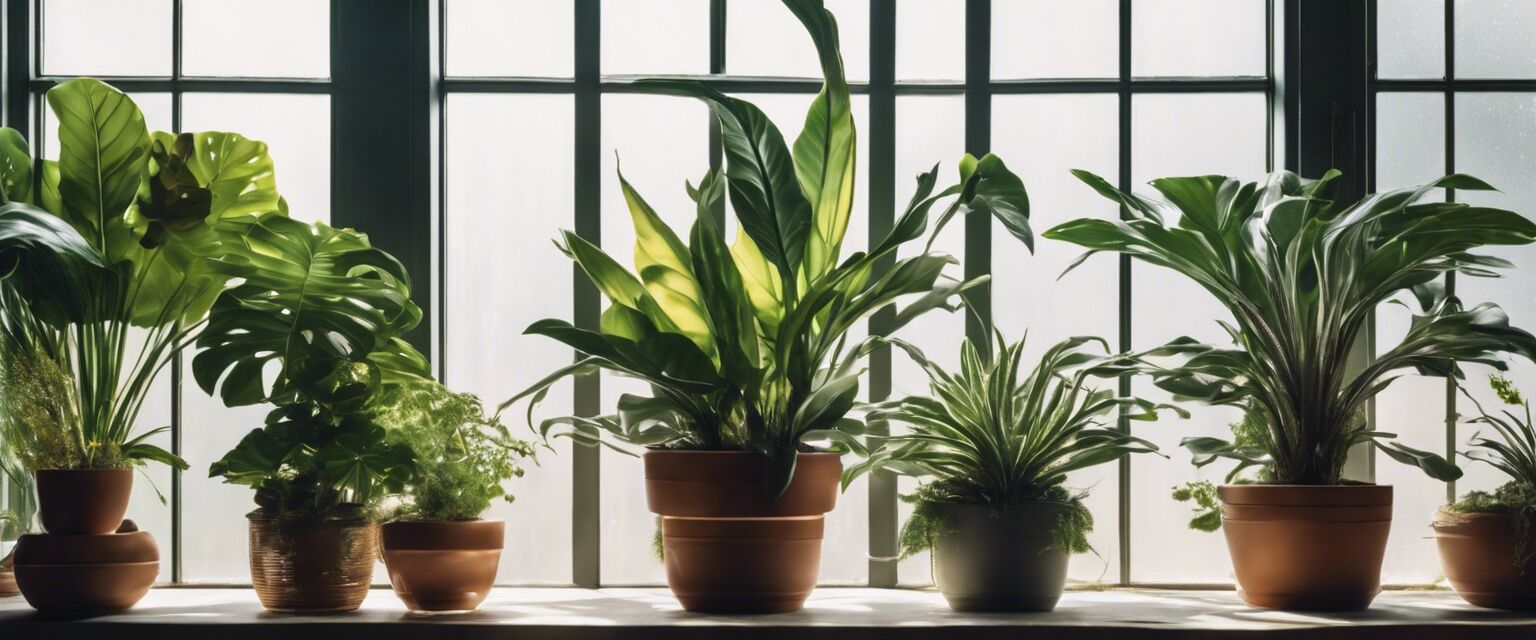
Popular Rare and Exotic Houseplants
| Plant Name | Origin | Light Requirements | Watering Needs |
|---|---|---|---|
| Monstera Deliciosa Variegata | Mexico | Bright, indirect light | Water when the top inch is dry |
| Alocasia Polly | Asia | Bright, indirect light | Keep soil consistently moist |
| Philodendron Pink Princess | Colombia | Medium to bright indirect light | Allow to dry slightly between waterings |
| Hoya Kerrii | Asia | Bright, indirect light | Water when dry, less in winter |
| Staghorn Fern | Australia | Indirect light | Keep moist, but not soggy |
Care Tips for Rare and Exotic Houseplants
Caring for rare and exotic houseplants can be a rewarding experience, but it requires understanding their specific needs. Below are some essential tips to ensure your plants thrive:
- Research the specific light and humidity requirements for each plant.
- Use well-draining soil to prevent root rot.
- Provide adequate space for growth and airflow.
- Monitor for pests and diseases regularly.
- Fertilize during the growing season to encourage healthy growth.
Beginners Section: Starting with Rare Houseplants
If you are new to collecting rare houseplants, here are some tips to help you get started:
- Start with easier varieties like Hoya Kerrii or Staghorn Fern.
- Join online plant communities to share experiences and tips.
- Invest in good quality pots with drainage holes.
- Keep a care journal to track watering and growth.
- Don't hesitate to ask for advice from more experienced collectors.
Where to Find Rare and Exotic Houseplants
Finding rare and exotic houseplants can be a challenge, but several resources can help:
- Specialty plant shops
- Online marketplaces
- Local plant swaps and fairs
- Garden clubs and communities
For more information on where to buy, you can check our guide on Rare and Exotic Houseplants.
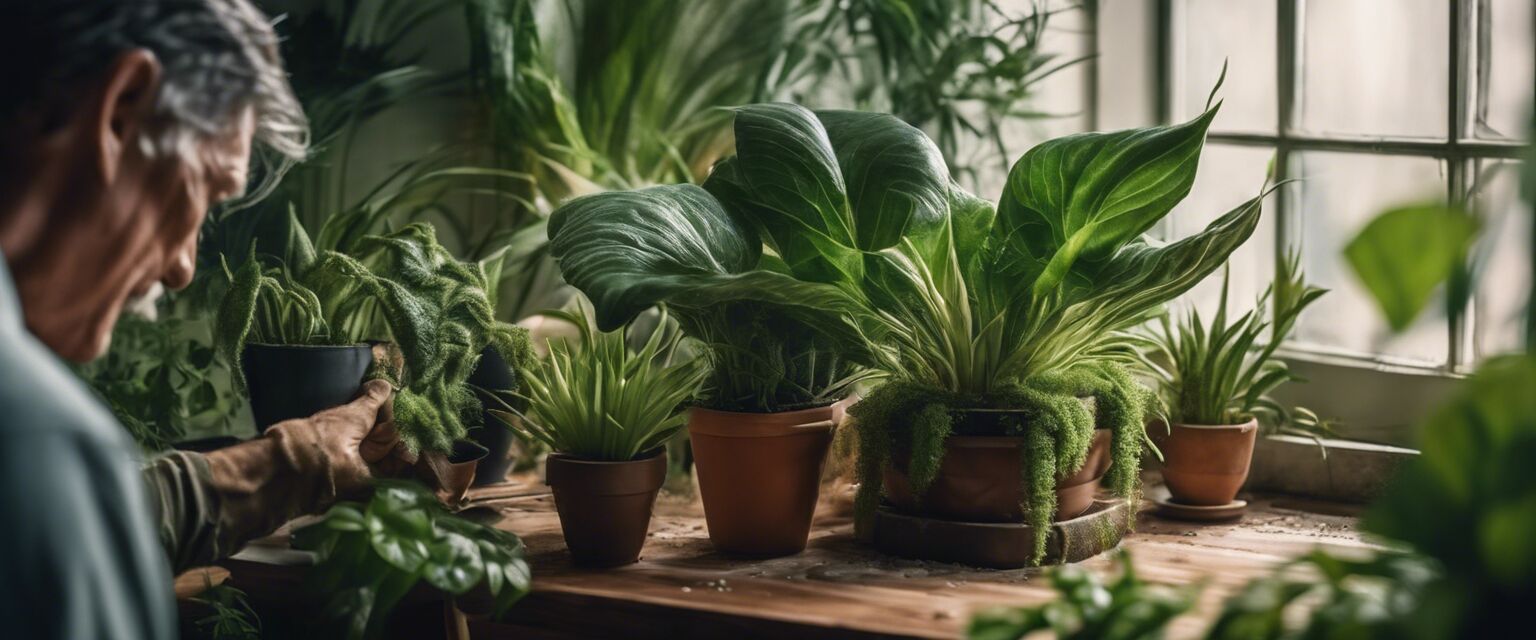
Pros and Cons of Collecting Rare Houseplants
Pros
- Unique beauty that enhances your home decor.
- Can be a rewarding hobby for plant enthusiasts.
- Potential to increase in value over time.
- Opportunity to learn about diverse plant species.
Cons
- May require more care and attention.
- Can be more expensive than common houseplants.
- Availability can be limited.
- Specific environmental needs may be challenging to meet.
Conclusion
Rare and exotic houseplants can bring a unique charm to your indoor space. With the right care and attention, they can thrive in your home, providing beauty and interest. Whether you're a seasoned collector or a beginner, understanding the needs of these plants is key to enjoying their many benefits. Explore more options and tips on our Rare and Exotic Houseplants page today!
